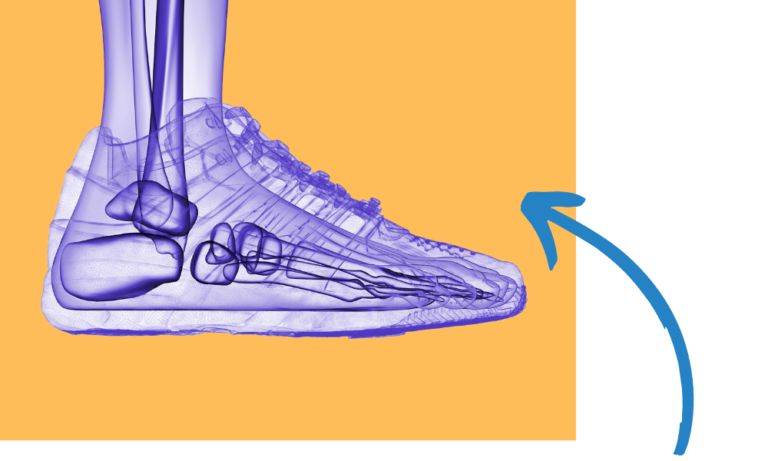Running is one of the most popular forms of exercise around the world, not only because it’s incredibly effective for cardiovascular health but also due to its convenience.
All you need is a pair of running shoes, right? Well, it turns out that your choice of footwear is not just a minor detail—it’s a crucial factor that can significantly impact your risk of injury. Let’s dive into how your running shoes influence your running health and safety.
Key Insights on the Importance of Proper Footwear for Runners
The type and condition of your shoes can influence your form, comfort, and injury risk. While style is a factor, it’s essential to choose shoes that support your biomechanical needs.

What the Research Says
Increased Injury Risks with Improper Shoes: Wearing shoes unsuitable for your foot type or running style can lead to injuries like plantar fasciitis, shin splints and knee pain (Journal of Orthopaedic & Sports Physical Therapy).
Benefits of Orthotics: Custom orthotics help correct biomechanical imbalances, reduce lower limb impact, and improve alignment, reducing injury likelihood (Clinical Journal of Sport Medicine).
Worn-Out Shoes and Injuries: Old shoes lack proper support and cushioning, boosting injury risks. Replace running shoes every 300-500 miles (Journal of Sports Sciences).

Choosing the Right Shoes
Get a Professional Assessment: Visit George O’Mahony Orthotics for a detailed analysis of your feet and gait.
Consider Running Style and Environment: Your running location and style should guide your shoe choice.
Listen to Your Body: Be mindful of discomfort or pain that may signal a poor fit.
Remember, the right shoes can make your running experience safer and more enjoyable, helping you stay on track towards your fitness goals without unnecessary setbacks from injuries. Choose wisely and run happily!

